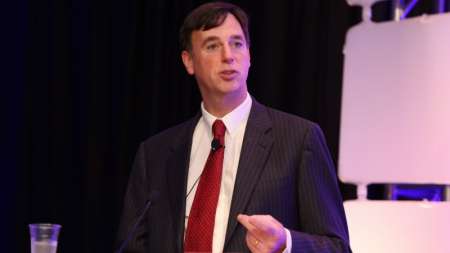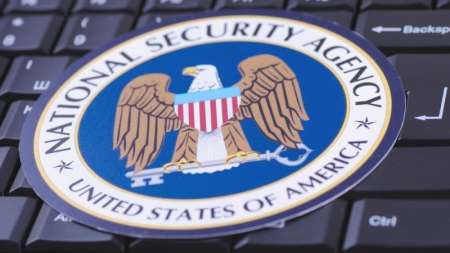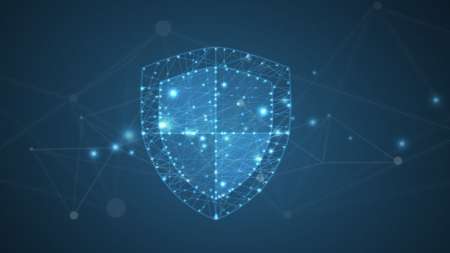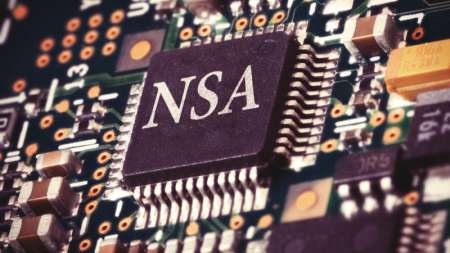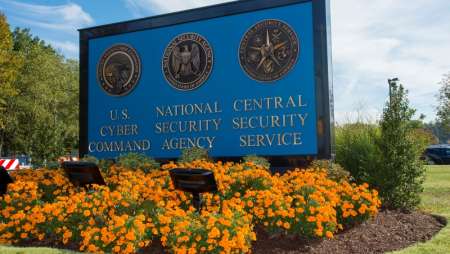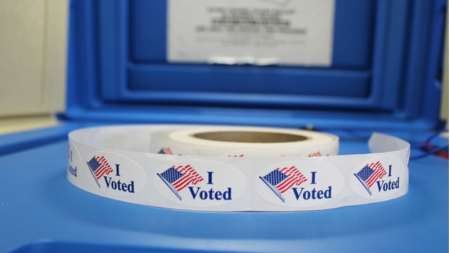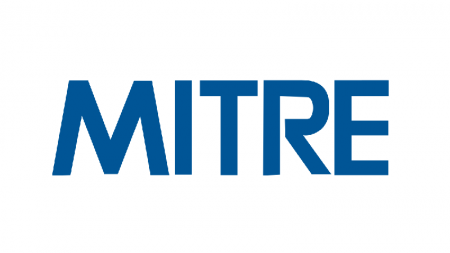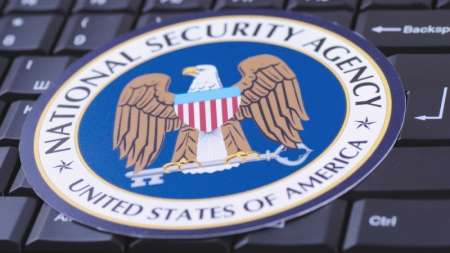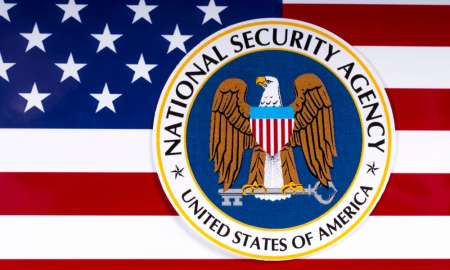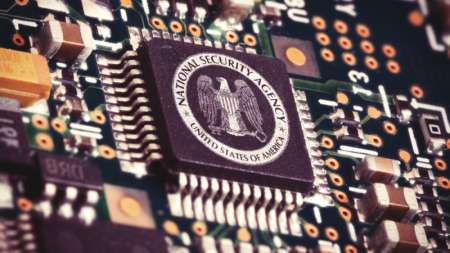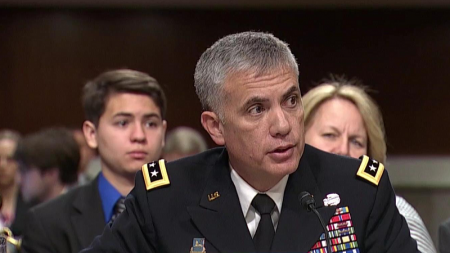Sens. Mark Warner, D-Va., chairman of the Senate Intelligence Committee, and Marco Rubio, R-Fla., the committee’s ranking member, are urging the Biden administration to “assign a clear leader” to lead the United States’ response to the Russia-backed hack of thousands of government and private-sector networks via SolarWinds Orion products. […]
The National Security Agency (NSA) announced Rob Joyce will take over as the agency’s Director of Cybersecurity, replacing Anne Neuberger. […]
The National Security Agency (NSA) issued an “emphatic” call for Federal stakeholders to update older Transport Layer Security (TLS) protocols, with the message particularly aimed at system administrators in the Department of Defense (DoD), the intelligence community (IC), and the Defense Industrial Base (DIB). […]
The National Security Agency (NSA) late last week released new guidance on cloud security to defend against cyber threats that manipulate authentication environments. […]
The National Security Agency (NSA) has issued a cybersecurity advisory aimed at defense and intelligence community contractors warning of Chinese state-sponsored cyber actors exploiting publicly- known network vulnerabilities. […]
The National Security Agency (NSA) is asking government employees, specifically those in the national security sector and at the Department of Defense, to take precautions to defend their location data from third parties. […]
The Department of Homeland Security (DHS) Science and Technology Directorate (S&T) and the National Information Assurance Partnership with the National Security Agency (NSA) said June 29 that their joint pilot program is showing that cybersecurity for mobile application software for Federal use can be an automated process. […]
The National Security Agency (NSA) is conducting a pilot program through a commercial managed service provider that provides secure domain-name system (DNS) services to a group of defense industrial base (DIB) companies. […]
The National Security Agency has identified Russian military cyber actors – part of the General Staff Main Intelligence Directorate’s (GRU) Main Center for Special Technologies (GTsST) – have exploited a vulnerability in Exim mail transfer agent (MTA) software since at least August 2019. […]
Both the growing ability to project offensive cyber power, and a long list of old friends around the world, are helping the Federal government to develop a greater ability to create more effective deterrence against cyber adversaries, a senior Defense Department (DoD) official said on Feb. 26. […]
In a short note on its website, the Cybersecurity and Infrastructure Security Agency (CISA) encouraged cloud administrators and users to review the National Security Agency’s (NSA) Jan. 22 guidance on mitigating cloud vulnerabilities. […]
An Office of Inspector General (OIG) report for the National Security Agency (NSA) found that while the agency has made progress in establishing the full scope of CIO authorities within the agency, the defined authorities and responsibilities of the position remain ambiguous. […]
The Office of the Director of National Intelligence (ODNI) and the National Security Agency (NSA) are both working on less classified methods of cyberthreat information sharing, according to two officials at a FedInsider webinar on Jan. 9. […]
The Federal government’s civilian, military, and intelligence agencies issued a statement Nov. 5 reiterating Federal support for election security at national, state, and local levels. […]
Federal cybersecurity officials spoke about the strategies they’re pursuing to address workforce issues within their agencies during a Sept. 18 Cybersecurity and Infrastructure Security Agency (CISA) Cybersecurity Summit panel. […]
As the National Security Agency (NSA) looks to stand up its Cybersecurity Directorate on Oct. 1, its new director, Anne Neuberger, highlighted the directorate’s mission and goals – particularly a mission of unification and collaboration – at the Billington Cybersecurity Summit on Sept. 4. […]
The National Security Agency (NSA) is forming a Cybersecurity Directorate within the agency to combine the agency’s intelligence and cyber defense activities, NSA announced today. […]
The National Security Agency (NSA) may have deep knowledge of signals intelligence and cyber, but the agency still faces challenges in implementing a strong cybersecurity posture under FISMA (the Federal Information Security Modernization Act), according to the agency’s inspector general. […]
David Luber, Executive Director and third highest ranking official at U.S. Cyber Command, said today it is vital for intelligence agencies to embark on “data fusion” efforts that will create interoperability of data and data-handling systems between agencies. […]
MITRE’s new vice president for intelligence programs and vice president of human resources are Charles Clancy and Gus Bentivegna, respectively, the organization wrote in a May 14 press release. Bentivegna – who joined MITRE in April to enhance talent experience and total rewards compensation and benefits programs – will begin his new role immediately, and […]
A new research piece from the Heritage Foundation argues in favor of retaining the current dual-hat command structure for the National Security Agency and U.S. Cyber Command, currently headed by Gen. Paul Nakasone. […]
With the increasing ubiquity of internet of things (IoT) devices and the vast expansion of the cyber attack surface that those devices create, National Security Agency (NSA) IoT Enterprise Functional Team Lead Arlene Santos is emphasizing the importance of the IoT Cybersecurity Improvement Act reintroduced in Congress last month as way to address the cybersecurity concerns posed by rapid IoT device growth. […]
Bills introduced in the House and Senate yesterday would put a formal end to a National Security Agency program that has collected communications records metadata of U.S. citizens for intelligence and law enforcement use, following unconfirmed reports that NSA and the Trump administration are no longer interested in continuing the program. […]
An important step in advancing artificial intelligence (AI) initiatives includes fortifying algorithms for AI, which are often brittle and “not good,” said Dr. John Beieler, program manager at the Intelligence Advanced Research Projects Activity (IARPA). […]
Missouri University of Science and Technology (S&T) has pioneered a graduate school program that emphasizes data science, cyber-physical, and cybersecurity research – particularly on the front of cloud computing – to a degree that has earned it Federal recognition. […]
The National Security Agency is broadening the menu of technologies it wants to help the private sector develop. […]
The National Security Agency (NSA) and the Trusted Computing Group (TCG) industry consortium have come up with validation software that can be used with any device and could go a long way to securing the supply chain for computing devices. […]
National Security Agency (NSA) Senior Adviser Rob Joyce said yesterday that any move to regulate social media platforms would have to start with quicker and more efficient connections between policy makers and policy enforcers such as the Department of Homeland Security (DHS) and the Federal Bureau of Investigation, but also warned that any effective regulation of social media platforms would be difficult to achieve in the U.S. […]
Officials from the intelligence community on Thursday discussed the importance of using artificial intelligence to process and analyze the large amount of collected data by agencies, thus freeing analysts to shift their efforts toward looking into anomalies identified by AI. […]
Gen. Paul Nakasone, director of the National Security Agency and head of U.S. Cyber Command, told senators today he was optimistic about the future of U.S. cybersecurity, but also warned that Russian attempts to influence U.S. elections remain a threat. […]


